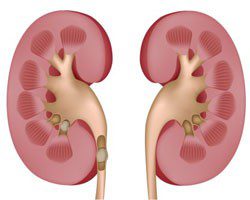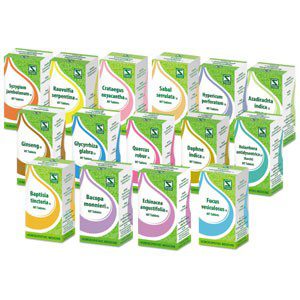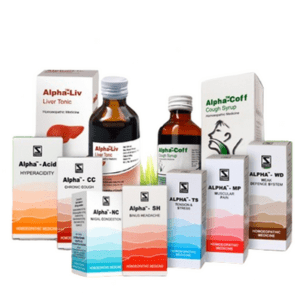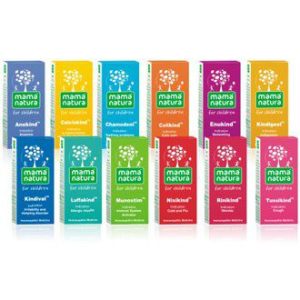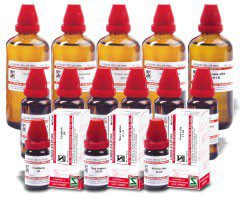Doctors Zone
Journal (JEBH)
Alpha™- Liv Drops
Alpha – Liv Drops Due to high demand from the market, for a formulation in drops for the liver, apart from the syrup already available in the market, Schwabe India developed this product. Introduction The liver plays a key role in metabolism. It has anabolic and catabolic, exocrine and endocrine functions. The liver is a blood reservoir, filter and store of different substances (e.g. glycogen, vitamins). It is the site of serum protein (e.g. albumin, prothrombin, fibrinogen) and enzyme synthesis. Metabolic processes (e.g. bilirubin, hormone, carbohydrate and lipid turnover) and the removal of toxic products are important liver functions. 1 Hepatotoxins (e.g. alcohol, tetracycline, acetaminophen, fungal toxins, and anabolic steroids) can cause specific damage to liver cells. Toxic hepatitis may be clinically silent or severe enough to lead to the rapid development of hepatic failure. Clinical features include hepatomegaly, enzyme abnormalities, fever, abdominal pain, anorexia, nausea, vomiting and weight loss. In patients with underlying cirrhosis, manifestations of portal hypertension may predominate. Aversion to fatty food, abdominal discomfort, nausea and vomiting after meals may be symptoms of 2 cholelithiasis. Jaundice results from accumulation of bilirubin. It has non-hepatic as well as hepatic causes. Hyperbilirubinaemia may be due to abnormalities in the 3 formation, transport, metabolism or excretion of bilirubin. TM Alpha -Liv Drops aids recovery and normalisation of liver functions. Severe liver disease needs specialised treatment. Indications: Slow liver functions, fatty liver, and for supportive treatment of hepatocellular jaundice and toxic liver damage.

Hepatoprotective effects of Lycopodium clavatum 30CH – Schwabe India
Hepatoprotective effects of Lycopodium clavatum 30CH in animals now scientifically established
It is known that Lycopodium clavatum is one of the most frequently used drugs for the digestive and liver complaints. To know its effectiveness on pracetamol or drug induced hepatitis, an experiment has been done on Wistar rat. Thirty rats have been subdivided in 6 groups. Animals receiving a dose of 3 g/kg of Pct (Pct is a drug with predictable toxicity, causing dose-dependent damage) on the 8th day were pretreated for 8 days with Lycopodium clavatum 30CH (0.25 ml/day) from the treated groups. A positive control group received similar treatment, replacing Lycopodium clavatum 30CH with 30% ethanol and a negative control received only 30% ethanol. The animals were sacrificed after 24 and 72 hours for tissue and blood sample collection. Afterwards enzyme serum measurements indicative of liver damage and and liver histological and morphometric analyses were performed. Rats pretreated with Lycopodium clavatum 30CH shown significant reductions in ALT levels in the Lycopodium clavatum 30CH 24h-group compared to the respective control group, promoted a significant decrease in the number of acinar zone 1 affected by necrosis and inflammatory infiltration and inhibition of 1,2-glycol (glycogen) depletion in zone 3 (a significant reduction in Lycopodium clavatum 30CH 72 h group animals in comparison to the control group). Significant changes concerning the development of fibrosis or alterations in transaminase levels were not observed after 72 h. Hepatoprotective action of Lycopodium clavatum on acute Pct induced hepatitis has been shown.
Reference: Gustavo Henrique da Silva1, Pedro Paulo Barros, Gisele Mara Silva Gonc¸alves and Matheus Arnosti Landi, Hepatoprotective effect of Lycopodium clavatum 30CH on experimental model of paracetamol-induced liver damage in rats. Homoeopathy, January 2015Volume 104, Issue 1, Pages 29–35.
Recent Advancements in Basic Homeopathic Research – A Report on Two Significant Publication
In a study conducted at the Experimental Farm of the State University of Santa Catarina, Brazil, researchers investigated the impact of homeopathic treatments on piglets during the nursery phase. The study aimed to determine whether homeopathic agents could reduce fighting behavior, improve growth performance, and affect hematological, metabolic, and oxidative variables. The study included 108 weaned piglets divided into four groups: a negative control group receiving only the basal diet, and three groups receiving different homeopathic treatments at varying dosages.
Journal of Evidence Based Homeopathy Volume: 1, Issue: 1, January - June 2023
Comprehensive articles

Agrohomeopathy – A Review
Short cases

Unmasking the Intricacies: A Pyogenic Abscess Case Report

Lichen Simplex: A Singular Case Study

Ranula Unveiled: A Case Report and Management Approach

Lichen Simplex: A Singular Case Study

A Puzzling Presentation: A Case Report of Jaundice
Recent provings and updated materia medica

Acidum Formicum

Mygale

Thea Chinensis
Materia medica on phytohomeopathy

Chrysarobinum

Sanguinarinum nitricum

Thiosinaminum
Mother tincture

Asparagus Officinalis

Ginkgo Biloba

Rosmarinus Officinalis
Product watch

Alpha™- Liv Drops

Good Morning™ Constipation Drops

Zauber™ Hair Drops
Research News











